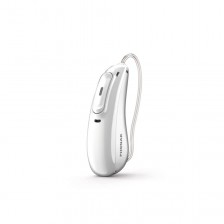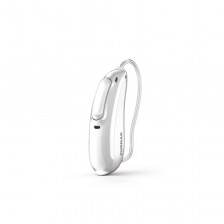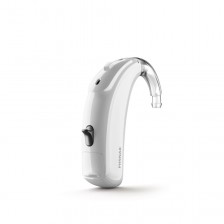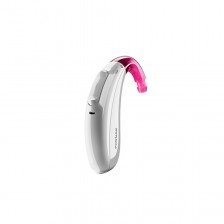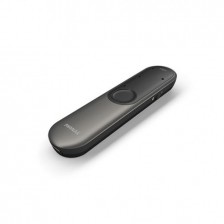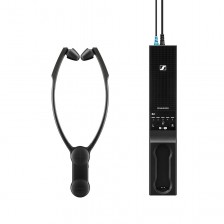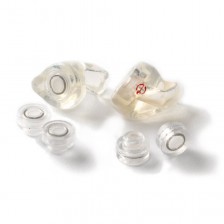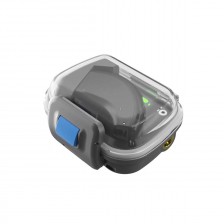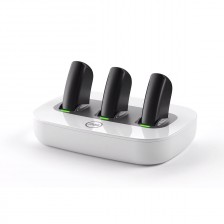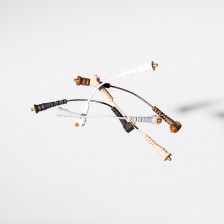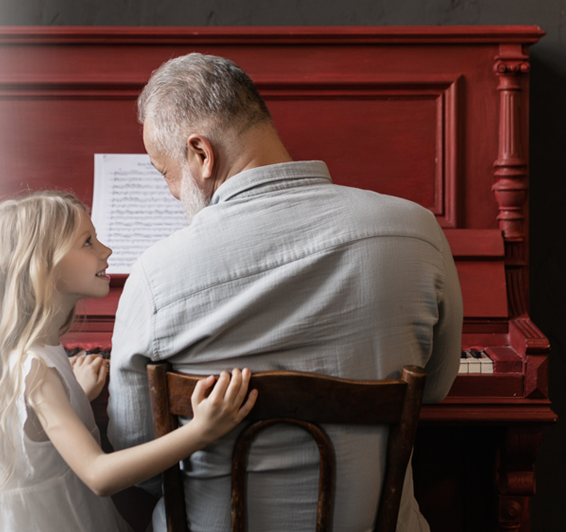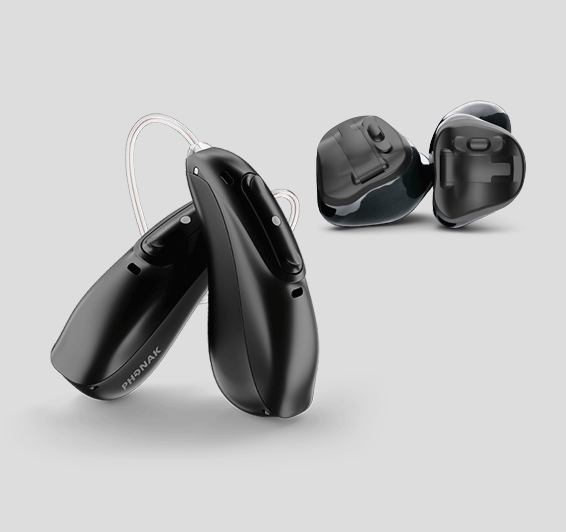What is unilateral hearing loss?


Between 3 and 6% of deaf children in one ear have not been diagnosed with this disease. Have you ever heard about unilateral hearing loss?
This is confirmed by the Spanish Society of Otorhinolaryngology and Head and Neck Surgery. Between 3% and 6% of children who are deaf in one ear have not yet been diagnosed by those who have not received adequate treatment. This ailment has a name of its own. It is a unilateral hearing loss. It is possible that you think that it is a lower percentage but we should not forget this situation that hinders its development and learning from the first moment.
Last March 3rd was International Audition Day. That same Monday we published an article in our blog about the phenomenon "I hear but I don't understand" but, as hearing enthusiasts, we want to continue putting on the table other ailments that sometimes go unnoticed. Unilateral hearing loss is one of them.
What does unilateral hearing loss entail?
Children with unilateral hearing loss have one healthy ear but in the other, a loss of 25 to 70 decibels, in general terms. There are different degrees, from mild (with losses between 25 and 39 dBHL), moderate, severe or profound, with more than 90 dBHL of hearing loss in one ear.
The aim is not to overlook these cases because their consequences have an impact on development and learning during childhood, with substantial reductions in the perception of speech. The low academic performance is not a coincidence but, as is logical, the quality of life of these children also notice the effects.
The chance of unilateral hearing loss in a newborn is 0.1% and increases to 0.27% at five years.
If you have young children and you have noticed a change in their school performance, or simply sense that they may be suffering from a hearing loss, look at these other signs that could indicate that something is wrong.
- If he always shows a predisposition for healthy hearing.
- If you talk to him from behind or from a certain distance, he has complications in answering. In fact, another warning sign is that it is based on lip-reading to complete the information it receives.
- If you are more tired than usual. Unilateral hypocausis requires more effort in their daily tasks. This makes them more tired at the end of the day.
- If you don't know the origin of the sound. How will you notice it? Look at your child when he is with other friends. If he moves his head too much, he may be doing it to avoid isolating himself in a group of friends, while trying to discover where a sound comes from.
- If his self-esteem is low. They also don't know what's wrong with them and their confidence is affected.
A cochlear implant is one of the solutions currently available for children with profound unilateral hearing loss. Getting used to it, for them, is really easy and fast and from the first moment, they will notice changes in their day to day. Even so, we remember that each case is unique and neither treatments nor diagnoses can be generalized.
For that, count on us, who are by your side so that your hearing health and the health of yours makes you smile.
